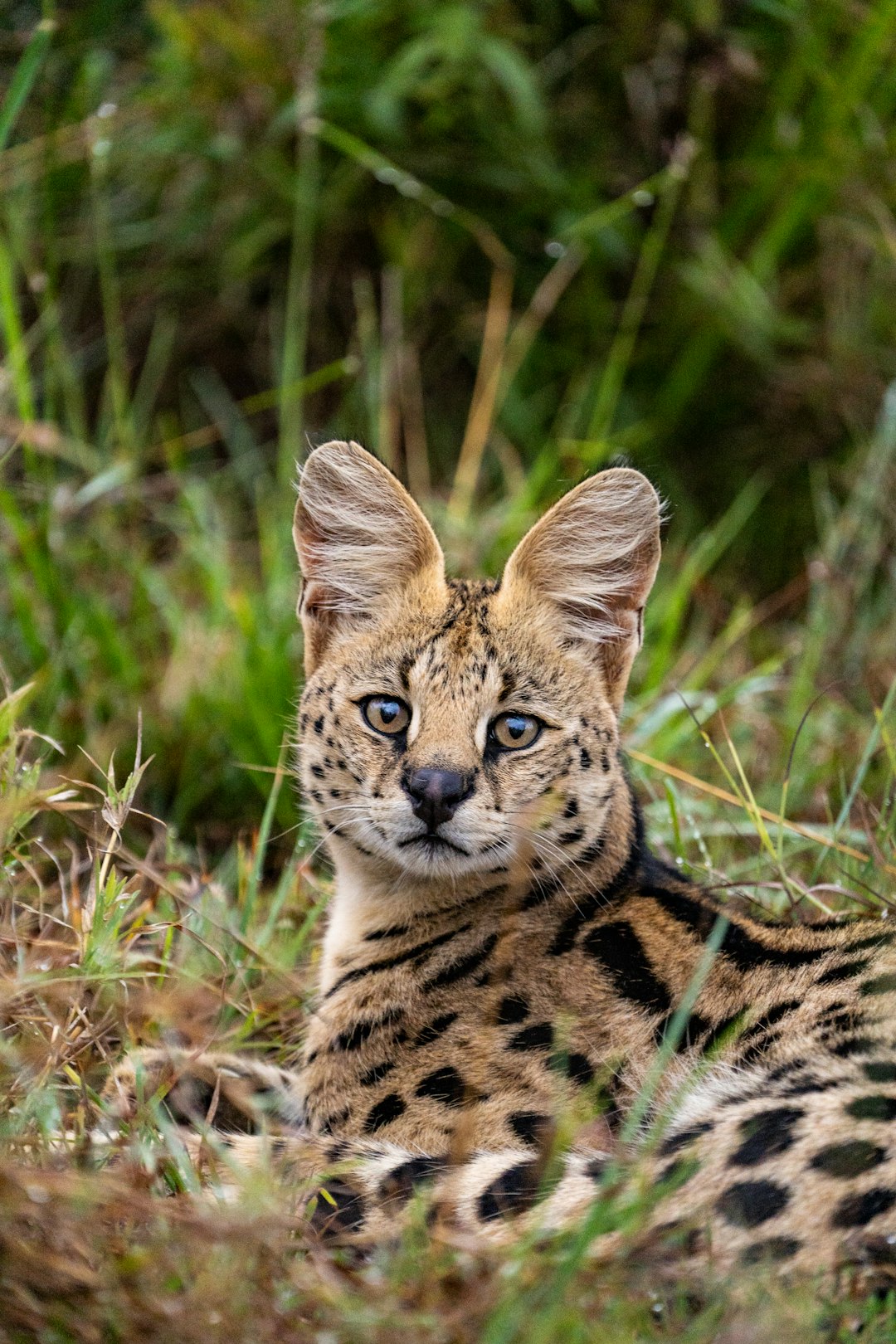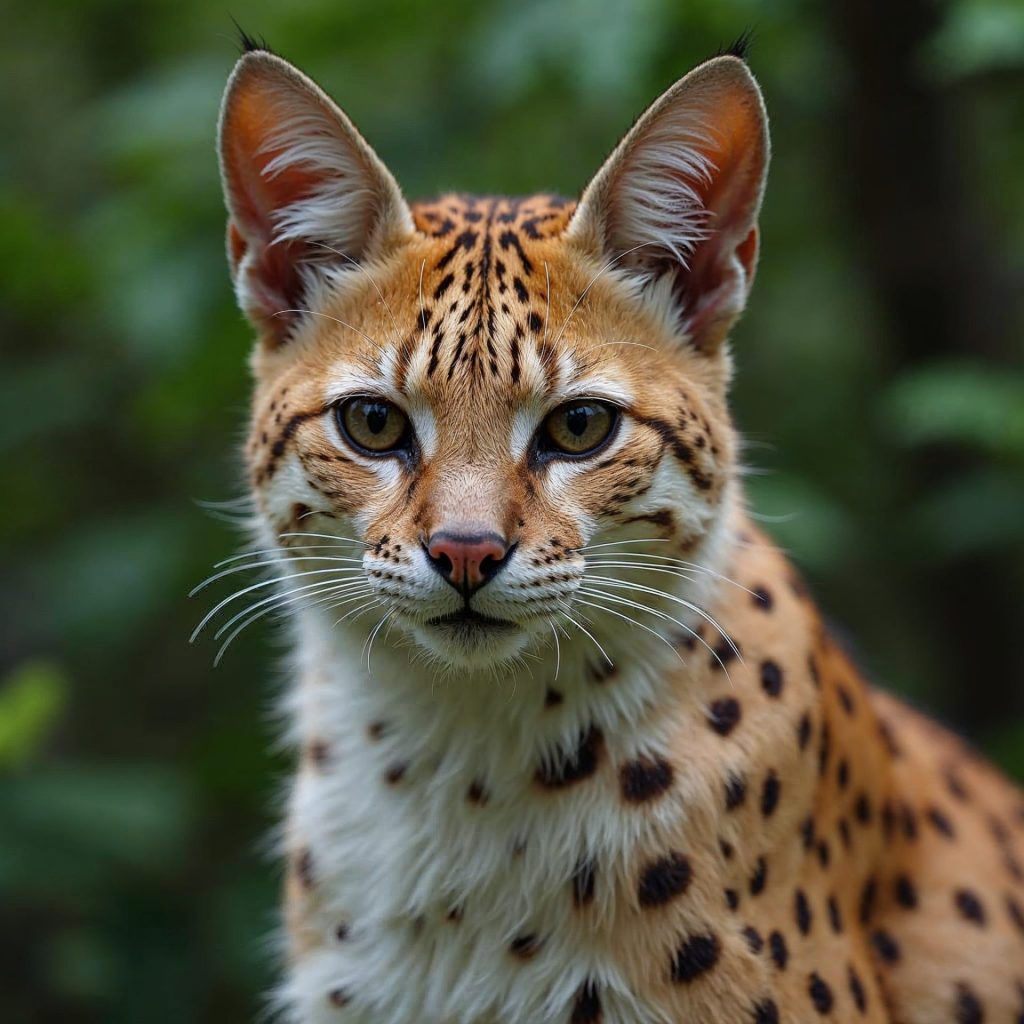Happy International Cat Day: Celebrating Trinidad’s Largest Cat, the Ocelot
In honor of #InternationalCatDay, I thought I would explore the rich and vibrant world of Caribbean wildlife. I am putting the spotlight on the elusive and enchanting ocelots of Trinidad. Ocelots are found throughout the Americas’, but their only habitat in the Caribbean is on the islands of Trinidad and Margarita. These magnificent creatures are more than just a part of the Islands’ diverse ecosystem; they symbolize the wild, untamed beauty of the region. As one who is passionate about sustainable tourism and wildlife conservation, I’m here to share insights and tips on how you can experience the wonders of Caribbean travel while helping to protect its natural treasures.
Ocelots in the Wild
Ocelots are medium-sized cats found in the dense forests and mangroves. These nocturnal predators are known for their distinctive, beautiful coats marked with rosettes and stripes. Their camouflage helps them blend seamlessly into their environment.
Ocelots are found where dense vegetation provides cover for hunting and protection from other predators. However, their habitats are under threat due to deforestation and human encroachment. This loss of habitat is a significant challenge for their survival.
In the wild, ocelots primarily hunt small mammals, birds, and reptiles. They play a crucial role in maintaining the ecological balance by controlling the population of these species. This natural predator-prey relationship helps sustain the biodiversity of Trinidad and Margarita’s forests and mangroves.
Distinctive traits include:
Size: Ocelots weigh between 18 to 40 pounds, similar to a large domestic cat.
Behavior: Solitary and territorial, they mark their space with scent markings.
The ocelot’s keen sense of hearing and agility make it a formidable predator.
Ocelots’ Role in the Ecosystem
Ocelots serve as apex predators in their habitats, controlling populations of smaller animals, which helps maintain ecological balance. This role is vital in preventing overpopulation and ensuring a healthy ecosystem.
Ocelots contribute by:
Regulating prey populations, thus maintaining ecological balance.
Promoting biodiversity by influencing the variety of species in their habitat.
Conservation Efforts and Challenges
Conserving ocelots involves addressing numerous challenges. Organizations throughout the Americas are working on initiatives to protect these cats and their habitats. A key effort is the protection of natural habitats through legal frameworks and community involvement.
Challenges include:
Habitat destruction due to agriculture and urban development.
Poaching for their fur, which remains a threat despite legal protections.
Human-wildlife conflict over livestock predation.
Collaboration between the government, non-profits, and local communities is essential to mitigate these challenges. By understanding their importance, we can understand why these initiatives are crucial for biodiversity.
Sustainable Tourism and Wildlife
As travelers, we have the power to positively impact the regions we visit. Sustainable tourism offers a way to enjoy the beauty of the Caribbean while contributing to conservation efforts.
Responsible Caribbean Travel
Engaging in sustainable tourism means making mindful choices that protect the environment and support local communities. This approach allows travelers to enjoy the Caribbean’s breathtaking landscapes without causing harm.
Steps for responsible travel:
Choose eco-friendly accommodations that prioritize sustainability.
Respect local wildlife by keeping a safe distance and not disturbing their natural behaviors.
Support local businesses to strengthen the economy and cultural heritage.
By making these decisions, you contribute to the preservation of the Caribbean’s natural beauty and its unique wildlife.
Ways to support preservation efforts include:
Donating to organizations dedicated to wildlife conservation.
Participating in eco-volunteering opportunities.
Educating others about the importance of conservation.
Engaging with local projects not only benefits the environment but also enriches your travel experience, offering a deeper connection to the places you visit. 🌿🐾







